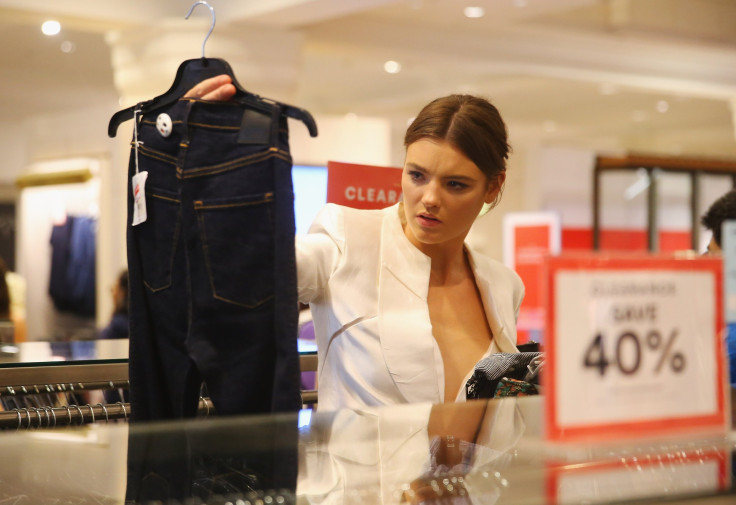Big Retail Relies On Big Discounts And That May Be A Mistake

It's a crowded retail marketplace and the noise volume of ads, emails, and marketing offers will only rise as the holiday season approaches. Most mass retailers -- 80% -- consider promotions and discounts a major part of their sales strategy, according to a new study by SheerID.
This article originally appeared in The Motley Fool.
In fact, 75% of retail marketers run either weekly or continuous discounts. It's a strategy that's good for consumers, but one that may be hurting the bottom line for the retailers despite it being an ineffective way of enticing people to buy more.
An Endless Discount
Marketers are feeling the pressure -- 81% in the retail space said they feel pressure to meet revenue goals -- and that makes them cling to discounts to drive sales. In fact, half of retail marketers surveyed said "nothing prevents me from running more promotions," and 69% of retail marketers believe that running more promotions and discounts will increase sales.
Most retail marketers (89%) use universal price discounting. That means they offer the same deal to every customer. This approach creates a noisy marketplace where it's hard for any one retailer to stand out. That has led retail marketers to be open to new ideas and 65% expressed concern that " running more promotions will either condition consumers to expect discounts, devalue their brand, or reduce their margins."
"The clear lesson here is that universal discounting, which may have worked in the past, is losing its effectiveness, SheerID CMO Sai Koppalo said in a statement emailed to The Motley Fool. "Leading brands like Lowe's and Spotify are rolling out gated offer programs aimed at specific tribes -- like the military or students -- with great results. And the data supports this. In a survey we issued earlier in the year, 8 out of 10 consumers stated they would shop with a brand more often if presented with an offer that was truly exclusive."
Changes Are Coming?
Targeted offers are becoming more common. Starbucks, for example, changed its popular Happy Hour promotion from something offered to anyone who walks into its stores to something targeted at its members. The coffee chain has also used data-driven targeted offers to drive customer behavior (like sending an afternoon deal to a consumer who generally visits in the morning).
"At a time when a seemingly unlimited number of advertising vehicles are available to marketers, these professionals are struggling more than ever to get the attention and business of consumers because of oversaturation," SheerID CEO Jake Weatherly said in a press release. " What also seems clear -- certainly in the context of promotions -- is that marketers who take a more selective, targeted approach with their campaigns are the ones who are feeling less pressure to meet their acquisition and revenue goals."
Using targeted offers can drive behavior. It also helps retailers avoid giving lower prices to customers who were going to shop there anyway. Being selective can also aid with inventory planning and allow retailers to push shoppers to otherwise slow times.
This type of marketing requires retailers to test and tweak. They need to make offers, see how they work, and make changes accordingly. A chain might offer regular customers an added discount for spending more money or give a certain group -- veterans or parents for example -- a deal during a certain window. It's not an exact science but it may be a more effective strategy than the current practice of mass discounts.
Daniel B. Kline has no position in any of the stocks mentioned. The Motley Fool owns shares of and recommends Starbucks. The Motley Fool recommends Lowe's. The Motley Fool has a disclosure policy.




















